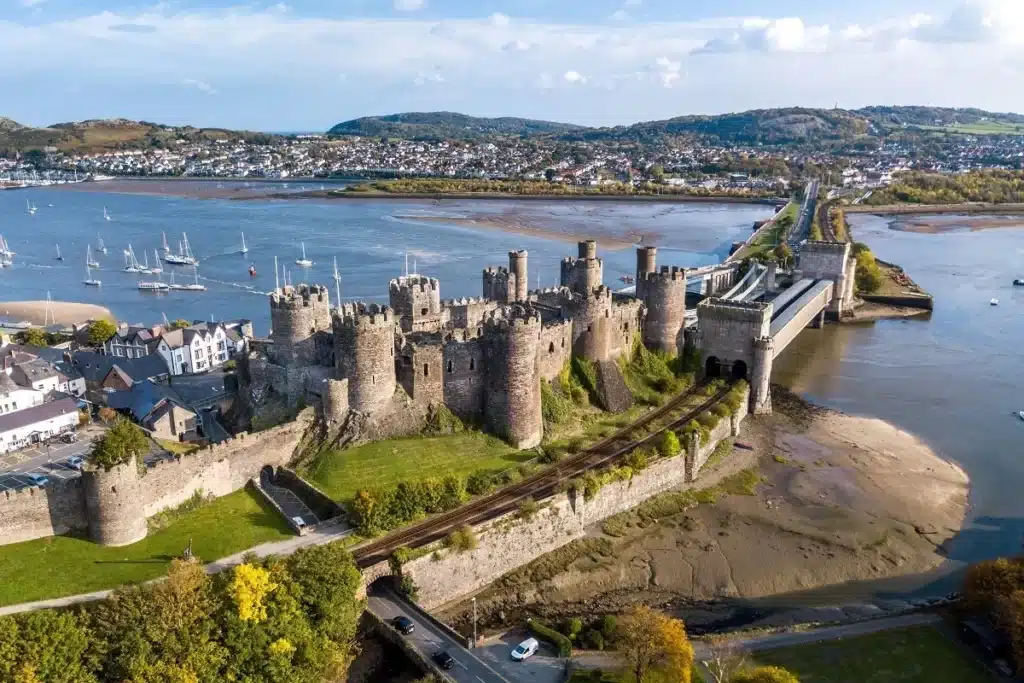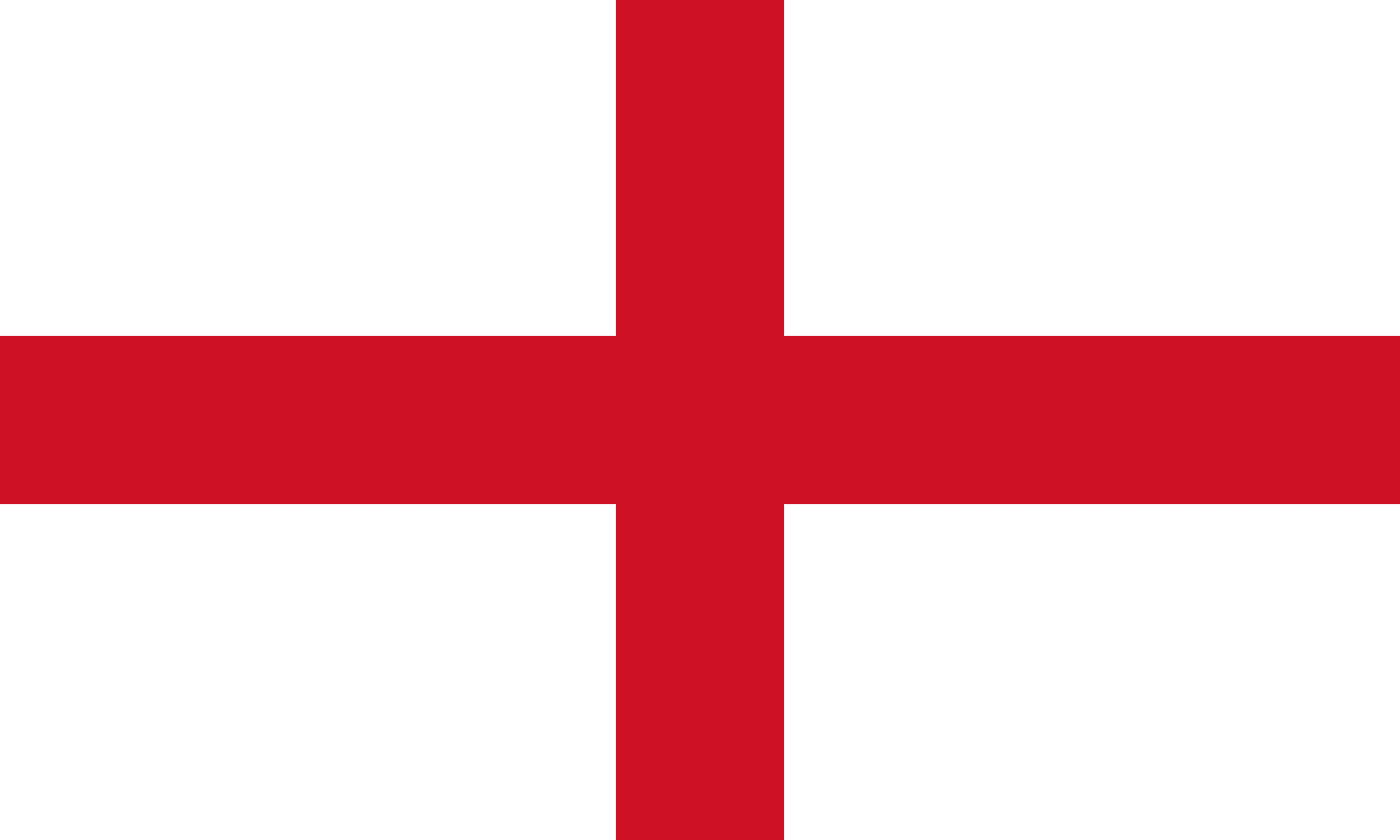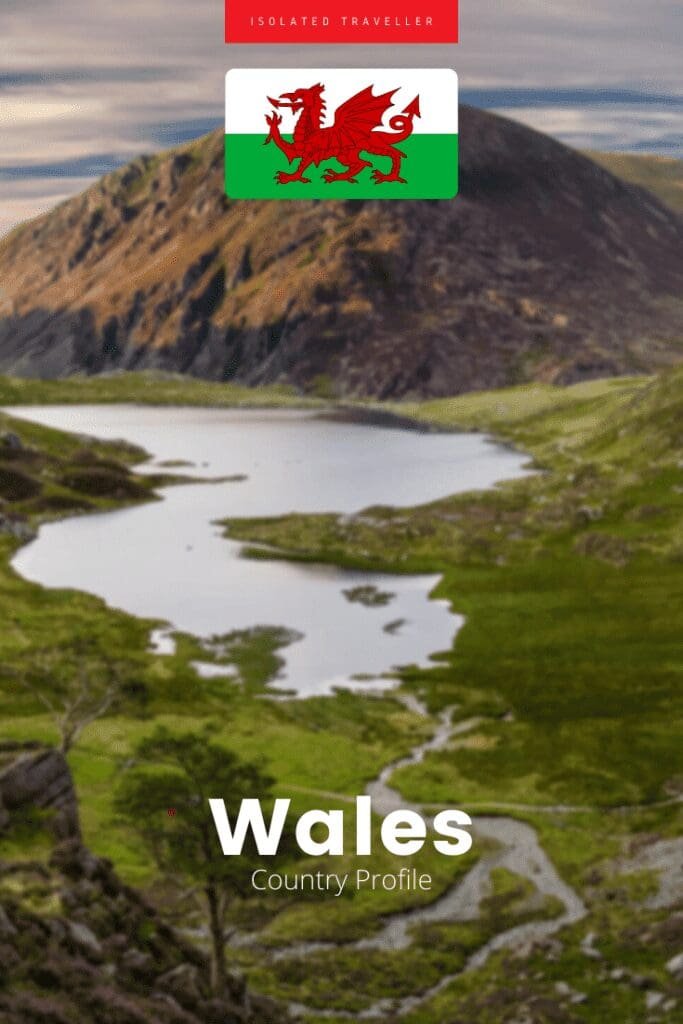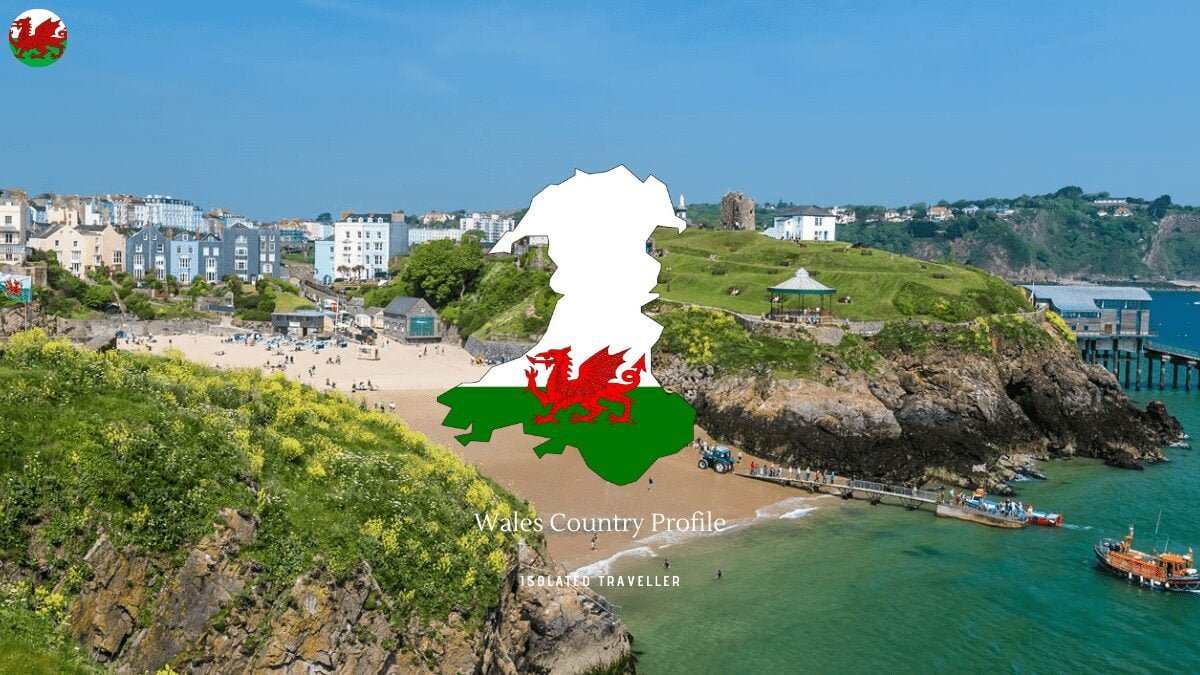Wales is a country that is part of the United Kingdom. Wales closely shares its political and social history with the rest of Great Britain, and a majority of the population in most areas speaks English as a first language, but the country has retained a distinct cultural identity.
Wales is bordered by England to the east, the Irish Sea to the north and west, and the Bristol Channel to the south.
Welsh national identity emerged among the Britons after the Roman withdrawal from Britain in the 5th century, and Wales is regarded as one of the modern Celtic nations. Llywelyn ap Gruffudd’s death in 1282 marked the completion of Edward I of England’s conquest of Wales, though Owain Glyndŵr briefly restored independence to Wales in the early 15th century.
Wales has over 1,680 miles of coastline and is largely mountainous with its higher peaks in the north and central areas, including Snowdon, its highest summit. The country lies within the north temperate zone and has a changeable, maritime climate.
The United Kingdom is a constitutional monarchy and its reigning monarch, Queen Elizabeth II, The Head of state of 15 other Commonwealth realms, which includes Australia, Canada, New Zealand and Jamaica.
The United Kingdom is the fifth-largest economy in the World, the Second Largest in Europe and has one of the world’s most powerful and respected militaries.
Welsh Stats and Facts
| Overview of Wales | |
| Population of Wales | 3.1 million |
| GDP of Wales | 75.7bn GBP |
| Capital City | Cardiff |
| Area | 20,800 square km |
Welsh Brief Historical Timeline
| Prehistoric | The earliest known human remains discovered in modern-day Wales is a Neanderthal jawbone, found at the Bontnewydd Palaeolithic site in the valley of the River Elwy in North Wales, whose owner lived about 230,000 years ago in the Lower Palaeolithic period. |
| Roman era | The Roman conquest of Wales began in AD 48 and was completed in 78, with Roman rule lasting until 383. |
| 410 | Roman garrison was withdrawn from Britain, followed by the emergence of Welsh kingdoms, principally Gwynedd, Dementia and Powys |
| 1536 | Wales began with Henry VIII’s Act of Union in 1536, Laws in Wales Acts replace Welsh law with English law and replace the Marcher Lordships with newly-established counties; Wales is unified with England |
| 1606 | A new national flag is created by royal decree to mark the union between England and Scotland; Wales is not represented in the design because it is legally a part of England |
Articles

Learn More About Wales
Welsh national identity emerged among the Britons after the Roman withdrawal from Britain in the 5th century, and Wales is regarded as one of the modern Celtic nations.
British Passport
British passports are passports issued by the United Kingdom to those holding any form of British nationality. There are different types of British nationality and different types of British passports as a result. British citizen passports have been issued by Her Majesty’s Passport Office in the UK since 2006.
Expiration:
- Expires every 10 Years if you are 16 years old and over.
- Expires every 5 Years if you are under 16 years old.

Neighbouring Countries
 |


